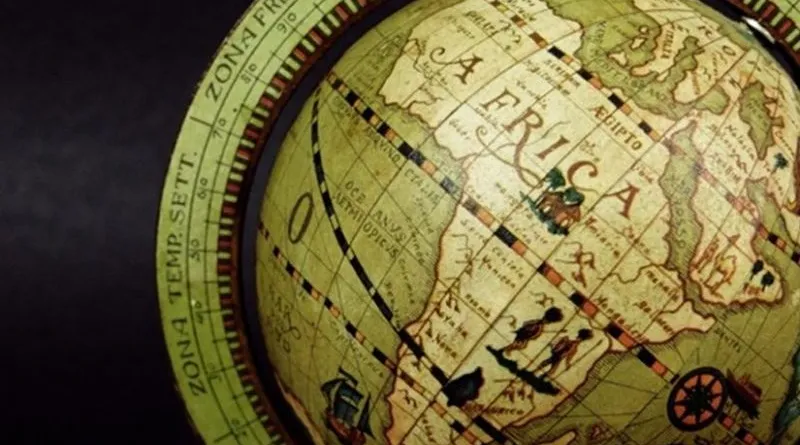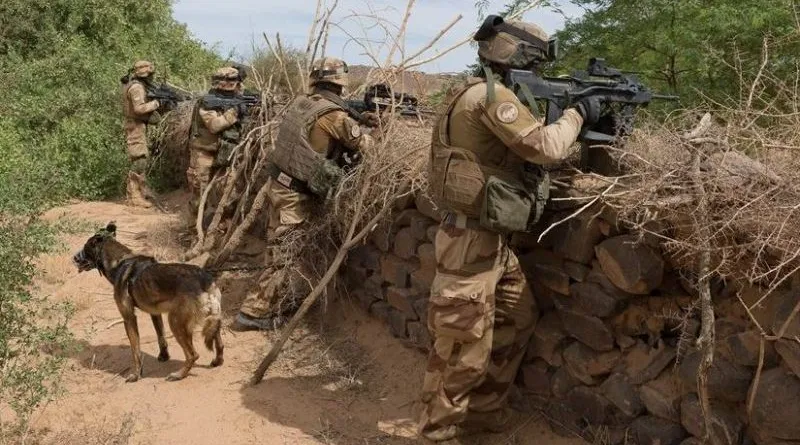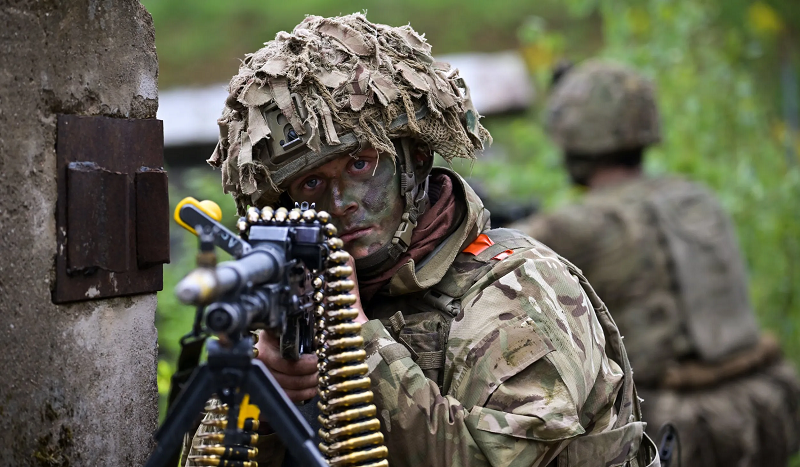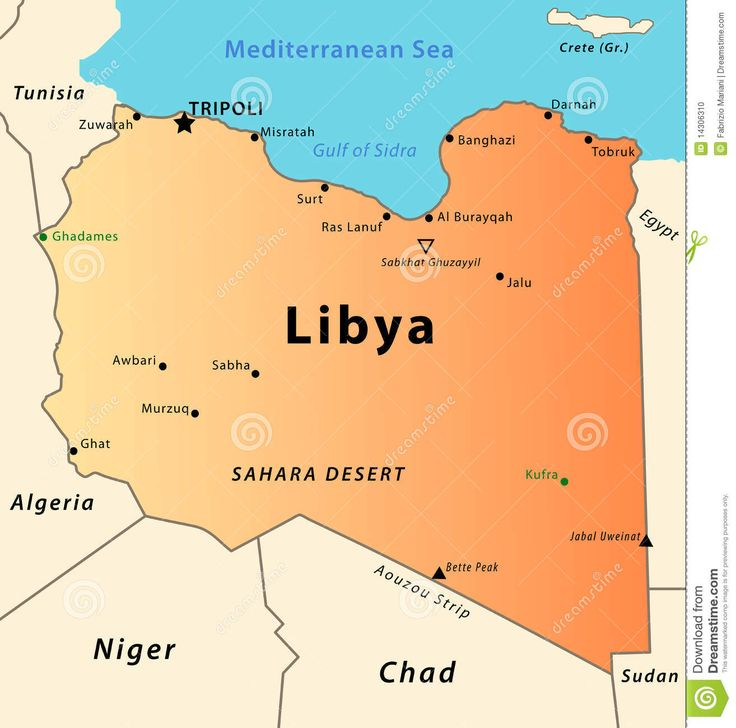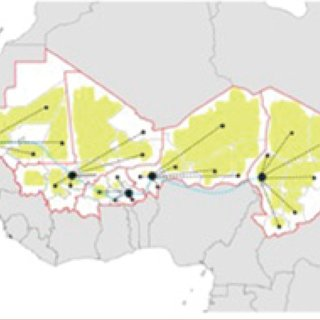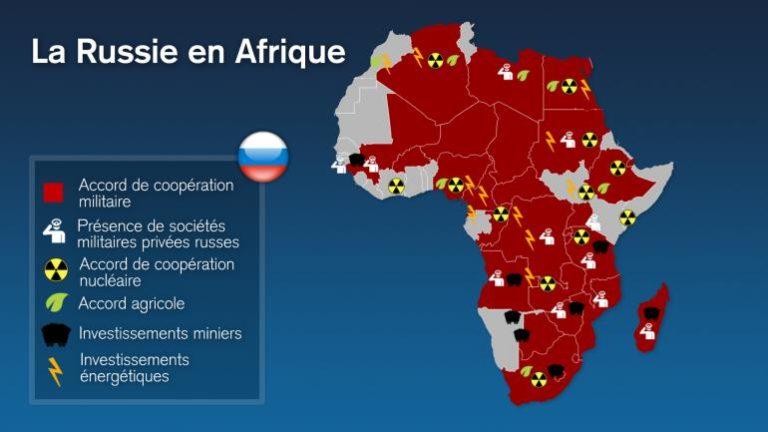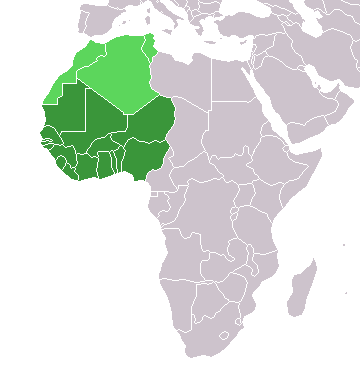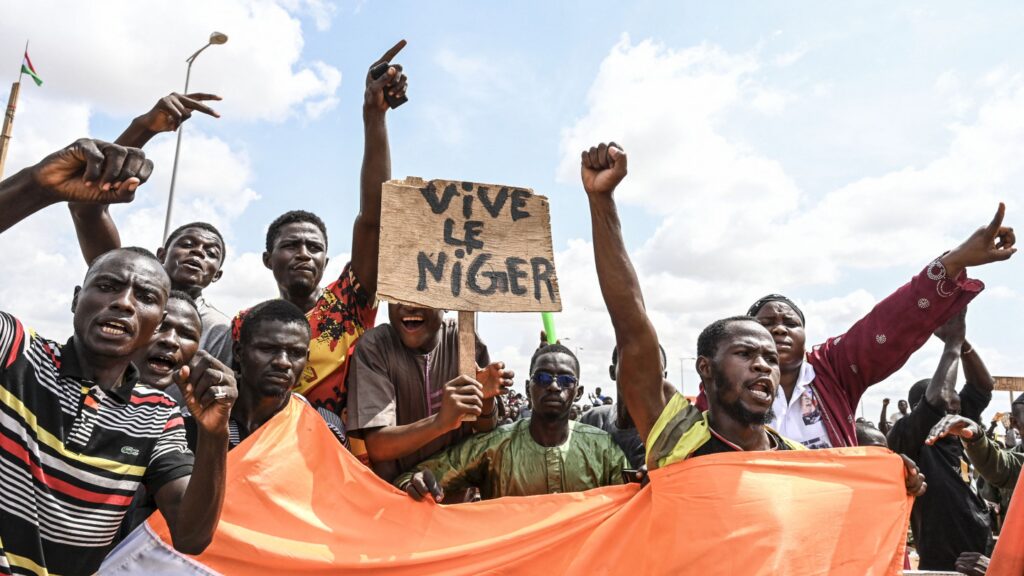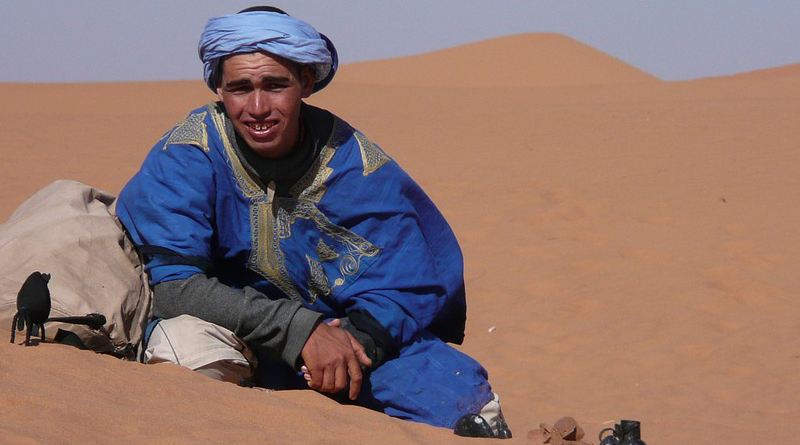Wagner’s Head Is Dead, Now Bury The Body – Analysis
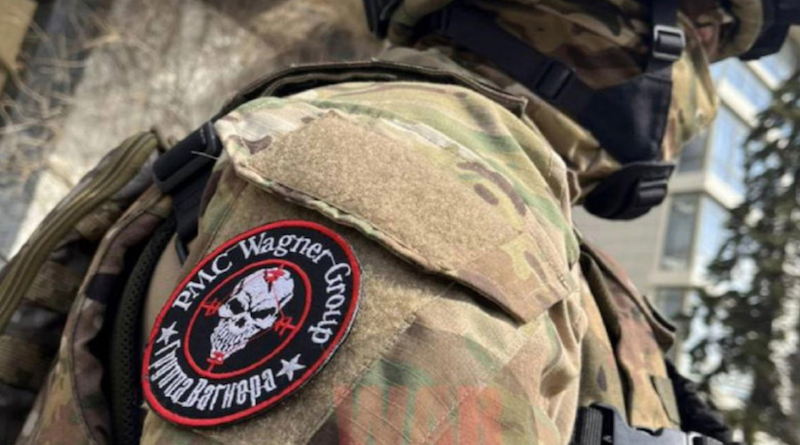
Yevgeny Prigozhin is presumed dead in a plane crash, alongside Wagner Group’s co-founder and operational commander, Dmitry Utkin. They leave behind a business empire and thousands of security contractors in Europe, the Middle East, and Africa. The Kremlin has a few options to clean up the debris: they could completely disband Wagner, force a rebranding, or pursue some form of nationalization.

